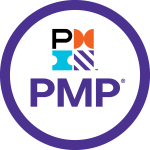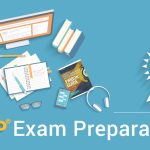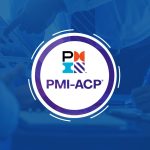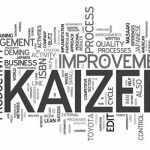Course Overview:
The PgMP® course, offered by the Project Management Institute (PMI), is designed to prepare program managers to manage multiple related projects in a coordinated manner to achieve strategic objectives at the organizational level. The PgMP® certification is one of the highest qualifications in program management, providing professionals with the skills and knowledge needed to oversee complex programs and ensure that project outcomes align with business goals.
Course Objectives:
- Understanding Advanced Program Management: Provide participants with a comprehensive understanding of program management and how to apply it to achieve strategic objectives.
- Managing Integrated Programs: Learn how to coordinate multiple projects within a program to maximize value.
- Improving Organizational Performance: Equip participants with the skills needed to enhance organizational performance through best practices in program management.
- Managing Risks and Challenges: Enable participants to identify and manage risks and challenges that may affect the success of the program.
- Preparing for the PgMP® Exam: Provide the knowledge and skills necessary to successfully pass the PgMP® certification exam.
Training Content:
- Introduction to Program Management: Define program management and understand the difference between program and project management.
- PMI’s Program Management Framework: Delve into the PgMP® framework, covering key program phases.
- Risk Management: How to identify risks and develop effective strategies to manage them within an integrated program.
- Communication and Coordination: Strategies to enhance communication and coordination between different project teams to achieve program objectives.
- Strategic Planning: How to align programs with the organization’s strategic goals.
- Performance Measurement and Control: Tools and methods to measure and control program performance to ensure desired outcomes.
- PgMP® Exam Preparation: Review sessions and practice exams to prepare participants for the PgMP® certification test.
Target Audience:
- Program Managers: Those managing groups of related projects and seeking to enhance their skills in strategic program management.
- Senior Project Managers: Professionals looking to advance their careers into managing more complex programs.
- Strategic Consultants: Those assisting organizations in developing and implementing programs that contribute to achieving strategic goals.
- Executive Managers: Individuals wanting to improve their understanding of how programs are managed to maximize organizational impact.
- Professionals Aiming for PgMP® Certification: Those looking to boost their career prospects and achieve excellence in program management.






